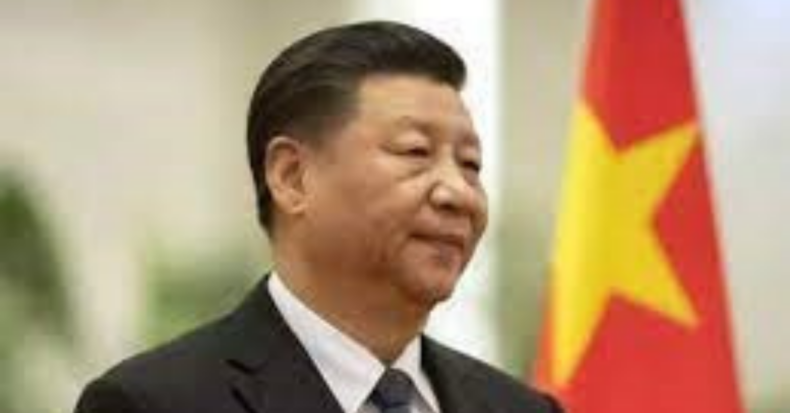Everything Xi is doing right now is weakening trust among Chinese and foreign entrepreneurs in China’s new business standards.
Many in the West have wanted to see China flourish since Deng Xiaoping opened the country to the world in the late 1970s, since we believed that, despite its ruthless authoritarian political structure, China was on the road to a more open economy and society.
Unfortunately, President Xi Jinping has reversed steps in that direction, posing a significant threat to China’s future development and the rest of the world.
Everything Xi does today is reducing faith among Chinese and foreign companies about what the norms of business are now within China,
while also eroding trust overseas that China, having swallowed Hong Kong, won’t move on Taiwan anytime soon, potentially provoking a direct clash with the US.
While I don’t want Xi’s hardline plan to succeed since it would put every free country and economy in the Pacific at risk, I equally don’t want China to fail or divide.
We’re talking about a country with 1.4 billion people whose destabilization would have an impact on everything from the air you breathe to the price of your shoes to your mortgage interest rate. It’s a genuine problem.
Unfortunately, I don’t believe Xi appreciates how much doubt his recent actions have created – both inside and outside China.
Despite rumours that Ma appeared briefly in Hong Kong, there has been speculation that he has been held in some form of house arrest for the past year.
Xi has been cracking down on Alibaba’s global empire since Ma gave a speech in October 2020 criticizing China’s financial regulators and has blocked what would have been a record initial public offering of an affiliate firm slated to take place last November.
“You know, if I have to choose between having Alibaba, Tencent, Baidu, and all the other Chinese tech giants be global champions —
with their own massive financial and data resources but growing beyond the grasp of the Chinese Communist Party — and having them be second-tier companies under my control,” Xi said.
The Second Incident:
China retaliated by reducing its imports of Australian barley, beef, wine, and coal after Australia’s foreign minister, Marise Payne, expressed support for an independent probe into the origins of the coronavirus outbreak last April.
Really? Every one of China’s Pacific neighbours noticed the ludicrous, bullying overreaction.
Then, two weeks ago, China sent 150 People’s Liberation Army plans to survey the airspace surrounding Taiwan,
the latest indication that China is serious about seizing Taiwan militarily. You must be terrified.
Beijing, though, should do the same. Because Xi’s aggressive approach could be a significant blunder for various reasons, but none more so than semiconductors.
Yes, the minor chips that make up the digital economy of the twenty-first century are a secret underbelly of this play.
With 24 million inhabitants, Taiwan is an austere rock amid a typhoon-prone sea. However, Taiwan Semiconductor Manufacturing Co, or TSMC, is widely acknowledged as the world’s most sophisticated semiconductor maker.
Mainland China, with 1.4 billion inhabitants, is around 100 miles away across the straits. They are of the same ethnicity as Taiwanese people, speak the same language, and eat the same foods.
However, they have never been able to grasp the production of the most advanced products.
TSMC and its South Korean rival Samsung are the only foundries on the planet capable of producing superior 5-nanometer chips, and TSMC is expected to begin making next-generation 3-nanometer chips in 2022.
The fewer transistors on a device, the more mental energy it can store. Semiconductor Manufacturing Worldwide Company, China’s largest chipmaker, should not even be closed.
It competes mainly at 28 nanometers and is only now beginning to produce 14-nanometer circuits.
“TSMC was always acting like a startup — it was motivated — and it was always synthesizing the best of everyone,” said Steve Blank, a semiconductor pioneer.
He teaches a course at Stanford on advanced technology geopolitics. Intel, America’s leading chipmaker, “sort of lost its way,” according to Blank, “creating everything for itself and for itself.”
“As a result, it became complacent because it had no consumers pressuring it because Intel was its customer.” Intel’s new CEO, Pat Gelsinger, has started to change that.













